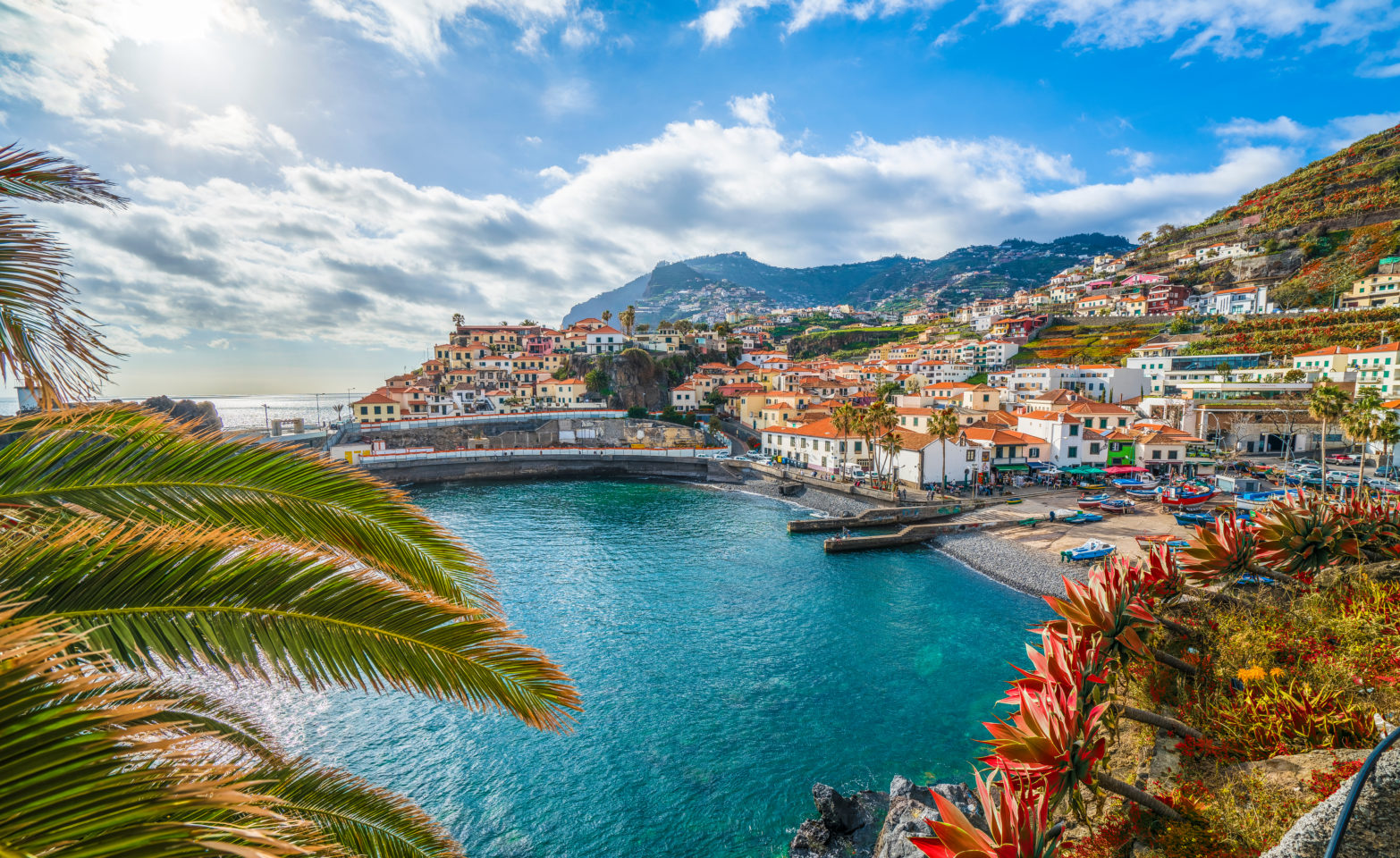
Portugal faces cannabis reform (temporarily) as government collapses
Budget wars, not antipathy to the prospect of full and final legalization of cannabis, are likely to fall behind Portugal on reforming recreational consumption within the European Union (EU). The country’s budget for 2022 included tax cuts and increased public investment to stimulate the post-COVID economy. It was opposed by both tough left and right-wing parties. At the end of October, this political opposition to the budget proposed by Prime Minister António Costa triggered a final meltdown in the coalition that has ruled here since 2015.
In a rare event for the country, which has not happened since Portugal’s transition to democracy in 1974, the government was dissolved two years earlier by right-wing President Marcelo Rebelo de Sousa. National elections will be held on January 30th next year.
What happens next, even in the cannabis discussion, is just a guess. However, it is also very unlikely that a new government will speak out against advancing cannabis reform here. The country has a keen interest in the development of the sector. And although the approval process was fraught with difficulties, if not delays, on the medical side, things are clearly progressing.
Why is Portugal important in the European cannabis debate?
Portugal is famous for its liberal approach to all drugs, although it is wrong to say that everything has been “decriminalized”. There have been various attempts to reform the country’s drug policy since the 1970s. Currently, cannabis is technically not legal here, although the medicinal cultivation sector has certainly been on the rise since 2017.
In early June, two parties, the Left Bloc and the Liberal Initiative, proposed a bill to formalize the legalization of personal cannabis use and submitted it to the Health Commission for debate. This debate never took place due to repeated requests for postponement.
After the dissolution of the government, the law has to be reintroduced by the new government.
Regardless, Portugal has played an increasingly important role in the overall European cannabis debate since 2017, when Tilray began building its cannabis facility. At least so far, it is less about the liberalization of domestic politics and more about the possibility of obtaining cultivation licenses (although this, too, is not as “easy” as many in the industry have notoriously claimed). However, the country has the most heavily operated regulated cultivation facilities and licenses of all sovereign EU states outside the Netherlands. In contrast to the Dutch, of course, they are all of the internationally regulated GMP variety.
According to the current state of affairs, the market is geared towards the production and soon also the extraction of the plant, mainly for export (and even more precisely towards the German medical market). In fact, the cost of production and labor here, along with Greece and the developing African cannabis growing economies, roughly equates in terms of cost per gram (for both flower and extract).
What impact would a Portuguese Rec market actually have?
The answer is quite obvious that a leisure market here would not only have a positive impact on the general economy, but also the tourism sector, creating a booming market with canna flair.
However, it is also clear that this could again be a bit of a chore for a region where the most advanced cannabis reform country (Luxembourg) has just posed the question and the entire conversation with a home-grown provision has taken a slower path (along with the support of a regulated cannabis seed market).
However, after Europe emerges from what is likely to be another harsh COVID winter, such sensitivities could be overwhelmed by politicians and politicians looking for economic stimulus in every possible way. This whole discussion fits perfectly into this calculation, no matter how controversial the economic development with cannabis flair outside Greece (at least within the EU) is. Certainly the medical sector has grown in prestige over the past four years. The federal government is now also thinking about it, also because of the estimated tax revenues that are likely to come from the formal development of this market.
Bottom line? Portugal is no longer the outlier it once was. In fact, in other countries even within the EU, starting with Luxembourg and Germany, it may lag behind full reform.
However, the development of a fully legal market here will undoubtedly continue to affect the entire industry across the continent – starting with sourcing medical production for elsewhere, but no doubt, throughout the discussion, including recreational cannabis products.

Post a comment: